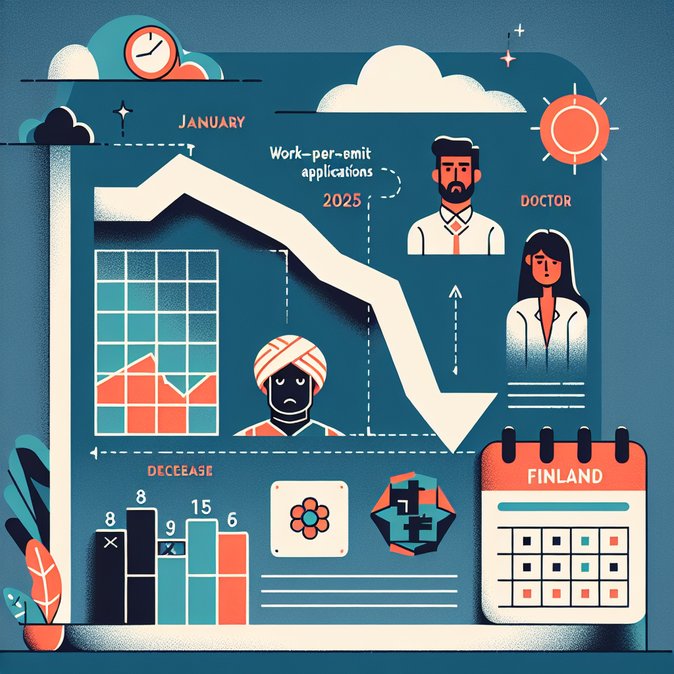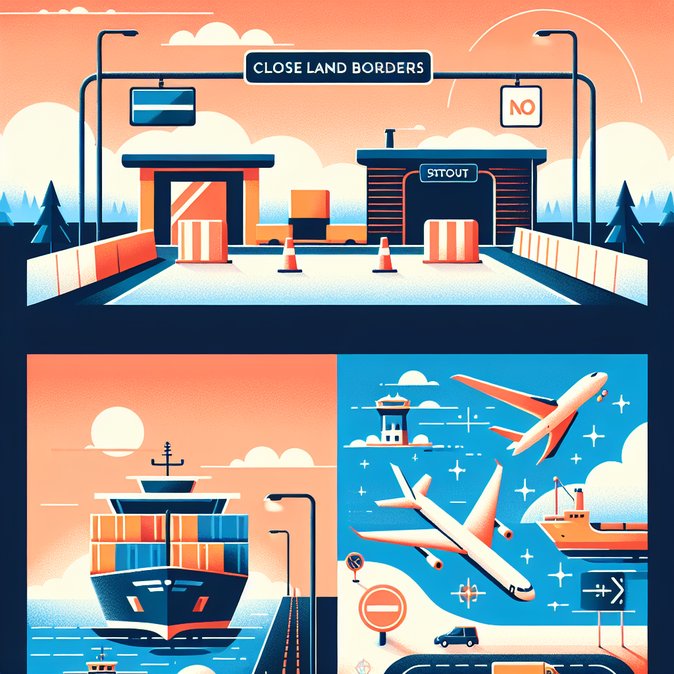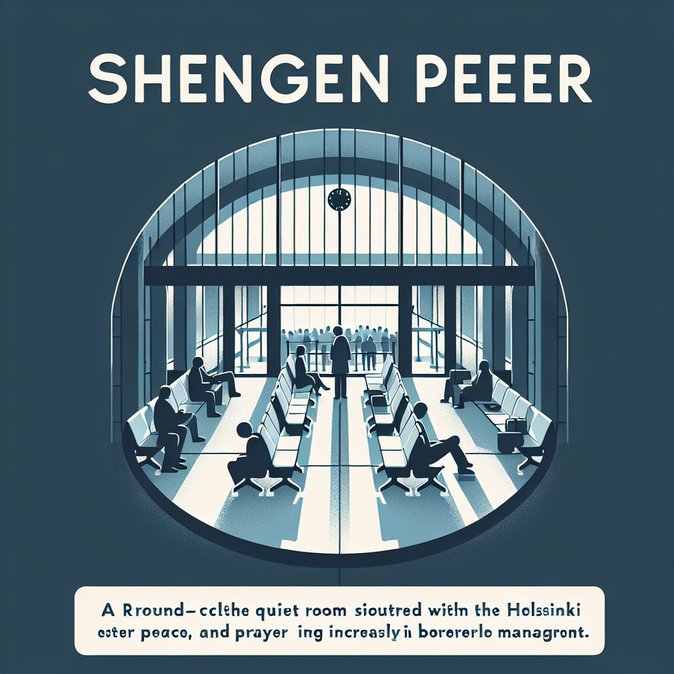
The Finnish Immigration Service (Migri) announced on 24 November that only 9,593 first-time applications for work-based residence permits were filed between January and October 2025—down 29 per cent from the same period in 2024.
The agency attributes the slump to sluggish GDP growth, rising unemployment and global economic uncertainty that have dampened employers’ appetite for foreign hires. Migri now forecasts just 11,000 first-time work permits for the full year and expects a similarly muted figure in 2026. Applications from international degree students also slipped five per cent after the government introduced a €100 application fee and reinforced full-cost tuition pricing for non-EU students.
![Migri Reports 29 % Drop in Work-Based Residence Permit Applications]()
For companies the immediate upside is shorter processing queues—average adjudication times for specialist permits have fallen from 37 to 28 days. However, a shrinking foreign-talent pool could intensify salary competition for critical skills in ICT, healthcare and green-tech sectors. Mobility managers are advised to lock in key hires before the traditional January surge, and to monitor whether lower volumes allow Migri to meet its 14-day “Fast Track” target more consistently.
Policy watchers note that the data arrives just weeks before Finland imposes stricter eligibility criteria for citizenship and shorter job-seeker grace periods for terminated permit holders—measures that may further discourage would-be migrants. Multinationals with regional hubs in Helsinki should revisit workforce-planning assumptions and consider remote-first models or near-shoring to the Baltics.
Migri will publish a detailed statistical bulletin in early December; stakeholders can subscribe to automated updates via the Enter Finland portal. HR teams should cross-check ongoing permit renewals against the new lower demand forecasts to avoid over-estimating processing delays.
The agency attributes the slump to sluggish GDP growth, rising unemployment and global economic uncertainty that have dampened employers’ appetite for foreign hires. Migri now forecasts just 11,000 first-time work permits for the full year and expects a similarly muted figure in 2026. Applications from international degree students also slipped five per cent after the government introduced a €100 application fee and reinforced full-cost tuition pricing for non-EU students.

For companies the immediate upside is shorter processing queues—average adjudication times for specialist permits have fallen from 37 to 28 days. However, a shrinking foreign-talent pool could intensify salary competition for critical skills in ICT, healthcare and green-tech sectors. Mobility managers are advised to lock in key hires before the traditional January surge, and to monitor whether lower volumes allow Migri to meet its 14-day “Fast Track” target more consistently.
Policy watchers note that the data arrives just weeks before Finland imposes stricter eligibility criteria for citizenship and shorter job-seeker grace periods for terminated permit holders—measures that may further discourage would-be migrants. Multinationals with regional hubs in Helsinki should revisit workforce-planning assumptions and consider remote-first models or near-shoring to the Baltics.
Migri will publish a detailed statistical bulletin in early December; stakeholders can subscribe to automated updates via the Enter Finland portal. HR teams should cross-check ongoing permit renewals against the new lower demand forecasts to avoid over-estimating processing delays.


